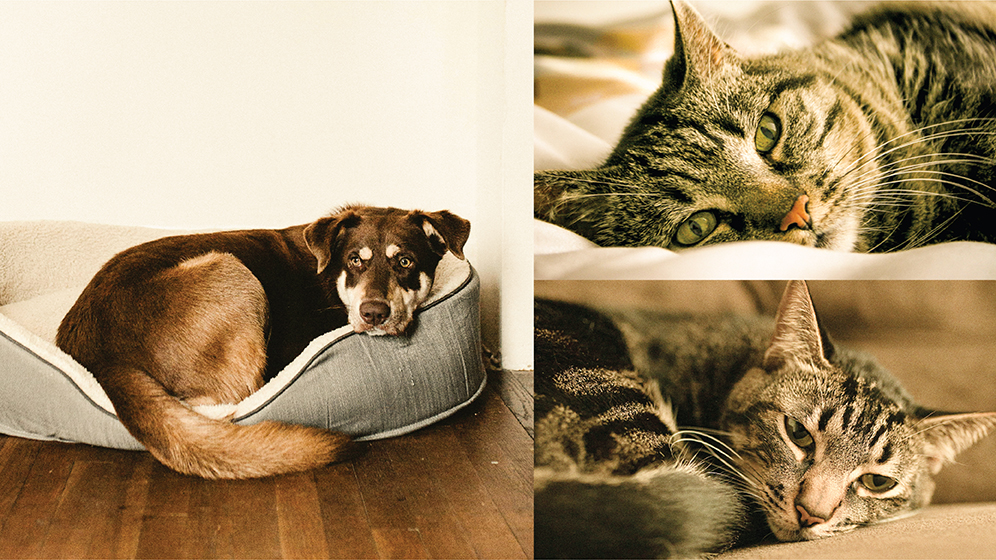
What to Do When Senior Dogs and Cats Lose Their Appetite
As dogs and cats age, they often face issues like eating less or losing interest in food. While loss of appetite can signal various illnesses, it can also result from other factors such as monotonous food, environment, and care. Here are some tips to handle when your senior pets lose their appetite:
- Regular Light Exercise: Regular exercise helps keep their bodies functioning properly and stimulates appetite. Choose suitable exercises for senior pets, like daily walks.
- Divide Meals into Smaller Portions: Older pets might struggle to eat large meals. Try dividing their food into smaller, more frequent meals. For instance, instead of two large meals, offer five smaller ones.
- Regular Health Checks: Loss of appetite can indicate underlying health issues, especially in older pets. Ensure regular vet check-ups at least twice a year and keep an eye on any abnormalities, particularly in their gums and teeth, as oral pain can lead to reduced appetite.
- Nutrient-Rich Food: Given that senior pets tend to eat less, it’s crucial to provide them with nutrient-dense food to keep them healthy and safe from diseases.
We recommend VIF (Very Important Friend) food for senior dogs and cats. It’s delicious, made from 100% real meat, and packed with essential nutrients. The food is enriched with vitamins and minerals suitable for senior pets. Plus, it comes in a pouch for easy feeding in the right amounts and is free from added salt and preservatives, ensuring safety and quality.
Make every day a good day with specially selected food for our beloved four-legged friends.










